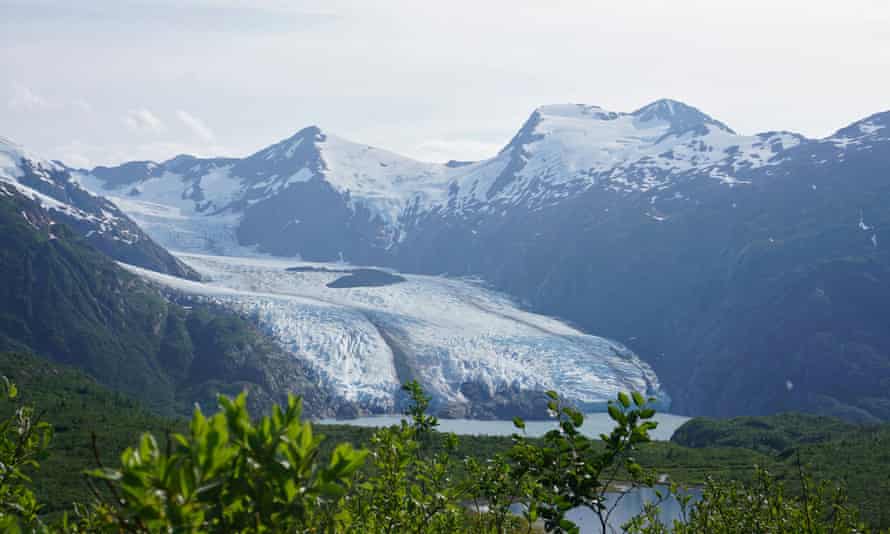Glacier melt contributing more to sea-level rise than loss of Greenland and Antarctic ice sheets, say experts

The melting of the world’s glaciers has nearly doubled in speed over the past 20 years and contributes more to sea-level rise than either the Greenland or Antarctic ice sheets, according to the most comprehensive global study of ice rivers ever undertaken.
Scientists say human-driven global heating is behind the accelerating loss of high-altitude and high-latitude glaciers, which will affect coastal regions across the planet and create boom-and-bust flows of meltwater for the hundreds of millions of people who live downstream of these “natural water towers”.
Between 2000 and 2019, glaciers lost 267 gigatonnes (Gt) of ice per year, equivalent to 21% of sea-level rise, reveals a paper published in Nature. The authors said the mass loss was equivalent to submerging the surface of England under 2 metres of water every year.
This was 47% higher than the contribution of the melting ice sheet in Greenland and more than twice that from the ice sheet in Antarctica. As a cause of sea-level rise, glacier loss was second only to thermal expansion, which is prompted by higher ocean temperatures.

